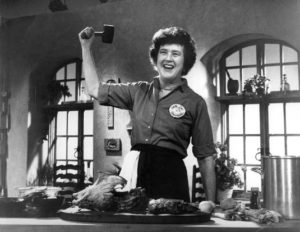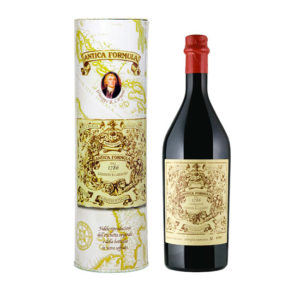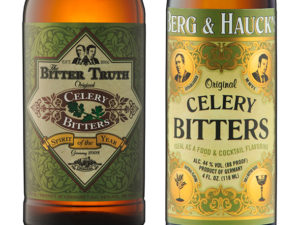Vermouth, Bitters and Black Coffee
Reading Time: 3 minutes.

In speaking of the martini, Winston Churchill supposedly observed “I would like to observe the vermouth from across the room while I drink my martini.” Here is a recipe for a “Churchill martini,” which is basically a glass of cold gin.

On the other hand, Julia Child supposedly went to the opposite extreme: a glass filled with vermouth and topped with gin, also known in this recipe as an “upside down martini.”
I am no Churchill or Child, on several counts, but I have never understood the anti-vermouth wing of the martini party. A martini is a cocktail. A cocktail, by definition, is “an alcoholic drink consisting of a spirit or spirits mixed with other ingredients, such as fruit juice or cream.” Ignore the “fruit juice or cream” modifier. The point is that a cocktail is a mixture of things, and a martini mixes gin with vermouth (by being stirred, one hopes, not shaken).
On the other hand, we can consider drinking vermouth by itself, a concept that does not offend because vermouth by itself does not call itself a “martini.”

Lettie Teague of the Wall Street Journal offers a thorough article on The Best Vermouths for Sipping. In particular, she notes the new drive towards drinking vermouth on its own, which is apparently the way that things started out:
A tall order, perhaps, but that’s how vermouth is usually consumed in Europe—not as a component in a Manhattan or martini, as in the U.S. Back in 1786, in Turin, Italy, Antonio Benedetto Carpano created vermouth to be sipped as an aperitif. He infused a white wine with herbs and spices, and it was an immediate hit, so popular that Turin cafes purportedly had to stay open day and night to meet the demand.
Such practices have a ways to go in the United States, but who knows?
Either way, Fred Astaire in 1943 was having none of it:

Bitters are now a “thing” again. (I like celery bitters with Plymouth or Death’s Door gin).
One may reasonably ask, with Epicurious: What Are Bitters, Anyway?
Basically:
Bitters are made from botanicals, like aromatic herbs, bark, roots, and fruit. These ingredients are infused into a flavorless alcohol base to create a potent flavoring. You know how you add salt to almost everything you cook for that extra flavor boost? That’s sort of like what bitters do for cocktails.
There are all sorts of ways to use them in cocktails, and there is even a book about bitters. Originally, they were touted as having digestive and even medicinal properties. Dropped into gin, I have certainly found them so.
No matter how you take your martinis, if you are over-served, you may need a pot of black coffee (via Julie London (on “Around Midnight” (1960)):